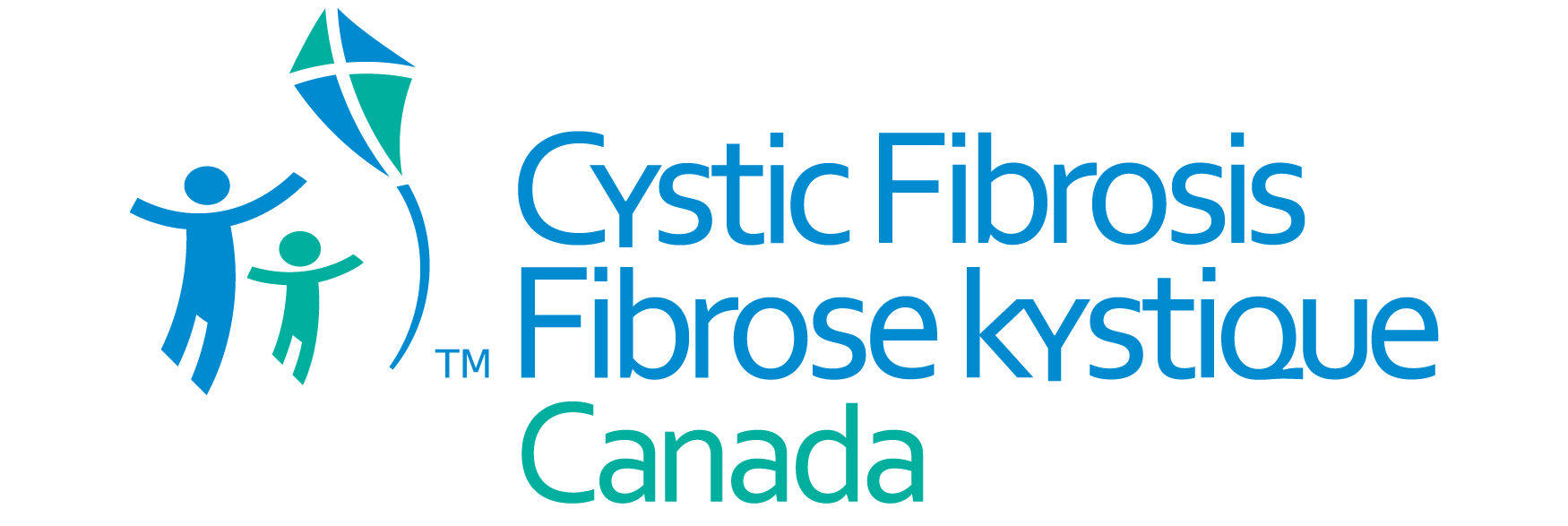Cystic fibrosis and summer care tips
Share this:
Medications
Many medications are temperature-sensitive, so keep all drugs at the recommended temperature, away from light and sources of heat or cold (e.g., windows, automobiles, and appliances). Be sure to store items that require refrigeration promptly, but do not freeze them (e.g., by placing them on a freezer pack).
Enzymes should always be kept at room temperature, which is generally 15° to 30°C.
Nutrition
People with cystic fibrosis lose more salt than average through sweat, putting them at a higher risk for dehydration. Drinking water, juice and sports drinks, and consuming salty snacks (e.g., pretzels, salted nuts and seeds) will help replace the lost salt. Consult with a CF dietitian or healthcare provider before adding salt to food or using salt supplementation. Also discuss any plans to take body and energy building supplements, or naturopathic remedies, as they may interfere with CF medications.
Dehydration and exercise
Dehydration can occur very quickly, especially in hot, humid weather. Don’t wait until you are thirsty to take a drink — always keep up your fluid intake! To help avoid dehydration, limit caffeinated and alcoholic beverages, which are diuretics and cause increased fluid loss.
Summer is a great time for exercising and outdoor fun. During aerobic exercise, it is recommended that people with cystic fibrosis drink 6 to 12 ounces of fluid every 20 to 30 minutes. Sports drinks with added carbohydrates and salt are great for people with cystic fibrosis. Encourage everyone to take “fluid breaks” during exercise. Fluid intake is especially important for children, who are more susceptible to dehydration.
Infants
Infants dehydrate more quickly than young children, adolescents or adults with cystic fibrosis. Keep your baby well hydrated and dressed in cool clothing. In the hot summer months, a mineral mix solution may be recommended to supplement breast or formula feeding. Speak with your CF clinic team for information about supplements and nutrition for infants during the summer months.
Allergies
People with cystic fibrosis can have seasonal and environmental allergies just like anyone else without cystic fibrosis. Allergies can cause or exaggerate upper respiratory problems such as sneezing, stuffy nose, congestion or wheezing. Consult your CF clinic team about taking antihistamines or decongestants to treat allergies.
Smog
People with cystic fibrosis are more likely to have breathing problems caused by smog. Smog (a mix of fog and smoke) is a type of air pollution that is found in most major metropolitan areas. Its components generally include sulfur dioxide, nitrogen dioxide, carbon monoxide and other pollutants, all of which are generally considered harmful to human health. People with cystic fibrosis are more likely to have breathing problems caused by smog. Health Canada issues warnings on days when smog is particularly bad and air quality is low. On these days, avoid strenuous activity and remain indoors (in air conditioned spaces) whenever possible.
Sunscreen
Sunscreen is an important addition to the daily routine all year long, but particularly imperative during the summer months. With the application of sunscreen, UV rays are absorbed and the skin is protected against damage. According to the Canadian Dermatology Association, a product with at least a minimum of SPF of 30 is recommended to protect against ultraviolet B (UVB) and ultraviolet A (UVA) which can penetrate more deeply and has been found to contribute to premature aging.
Travel
If you are travelling for an extended period of time, locate the nearest CF clinic to your destination. See a complete list of Canadian CF clinics.
